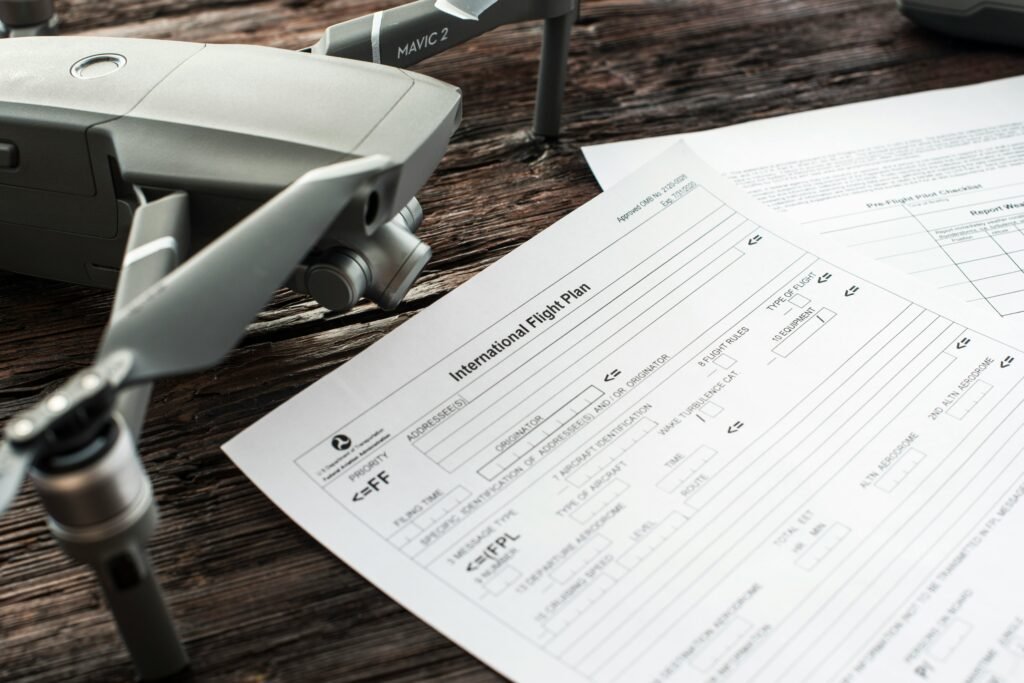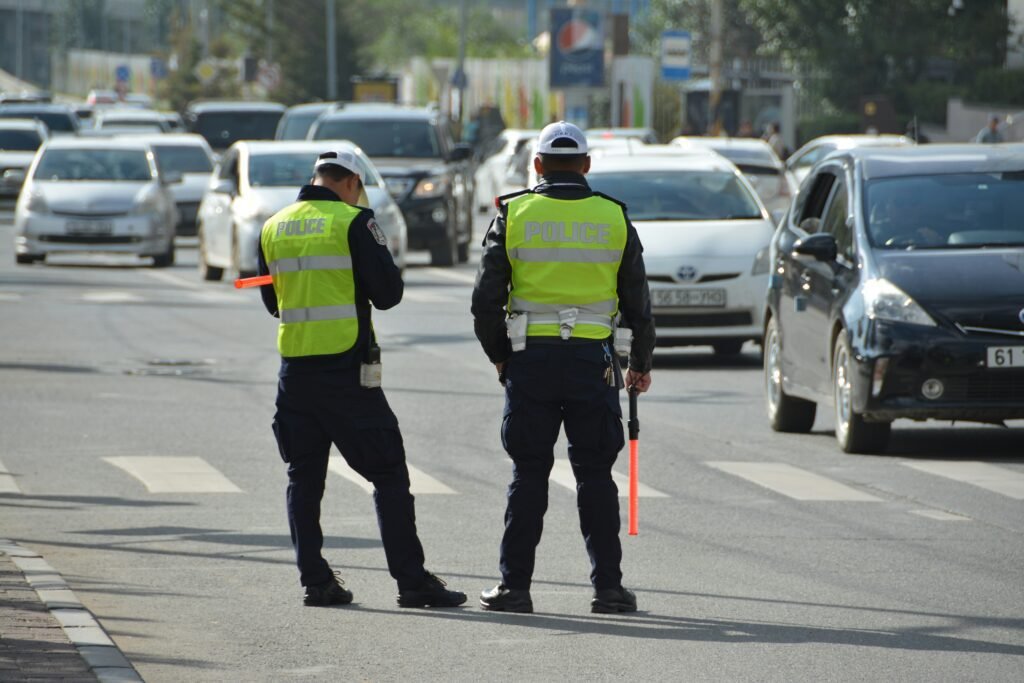The USDT seizure tied to Iranian drone program is now the focus of a U.S. Department of Justice civil forfeiture filing. The DOJ seeks roughly $584,741 in USDT from a private, unhosted wallet. Prosecutors say the funds link to Mohammad Abedini and his company SDRA. Authorities allege SDRA supplied navigation tech used in Shahed drones in the Middle East and Ukraine. The case raises questions about terrorism financing, sanctions enforcement, and international law.
DOJ civil forfeiture
The DOJ filed a civil forfeiture action to recover cryptocurrency tied to alleged weapons support. The complaint argues the USDT was proceeds of unlawful activity and subject to seizure. Civil forfeiture lets prosecutors target assets without criminal conviction. The movement from hosted exchanges to an unhosted wallet complicates enforcement. Still, the DOJ says tracing and legal tools justify the USDT seizure tied to Iranian drone program.
Cryptocurrency tracing
Investigators used cryptocurrency tracing and forensic investigation methods to follow the funds. Techniques include blockchain analysis, tracking flows through mixers, and digital forensics on seized devices. The DOJ points to precedents such as the Bitfinex hack 2022 where tracing and key recovery yielded recoveries. Mixers and cross-chain hops present hurdles, but investigators tie addresses to SDRA activity. These methods underpin the USDT seizure tied to Iranian drone program.
Sanctions enforcement impact
Seizing the funds signals renewed pressure on Iranian drone technology suppliers. The move targets Iran drone program financing and aims to disrupt supply chains for Shahed drones. Sanctions enforcement now extends to digital assets used in cross-border procurement. The action may deter intermediaries who ship U.S.-origin electronics to SDRA. That makes the USDT seizure tied to Iranian drone program relevant to broader counter-proliferation efforts.
Legal hurdles ahead
Legal and technical challenges remain when pursuing unhosted wallet assets. International cooperation is required to trace hardware, transit points, and detained suspects. Italian detention of Abedini in late 2024 showed cross-border law enforcement in action. If Abedini remains in Iran, enforcement will strain diplomatic channels and international law. Still, the DOJ plans to press civil forfeiture to hold actors accountable for alleged terrorism financing tied to the Iran drone program.
Frequently asked questions about USDT seizure tied to Iranian drone program (FAQ)
Q: who filed the case?
A: The U.S. Department of Justice filed the civil forfeiture action.
Q: what assets are targeted?
A: About $584,741 in USDT held in an unhosted private wallet.
Q: why is SDRA involved?
A: SDRA and founder Mohammad Abedini are accused of supplying navigation tech for Shahed drones.
Q: how were the funds traced?
A: Through cryptocurrency tracing, mixers analysis, and forensic investigation of devices and accounts.
Q: does this affect sanctions enforcement?
A: Yes. The seizure reinforces sanctions enforcement and counters alleged terrorism financing.
Note: This article follows public reporting and legal filings to summarize the DOJ’s civil forfeiture effort and its links to Iranian drone technology.



